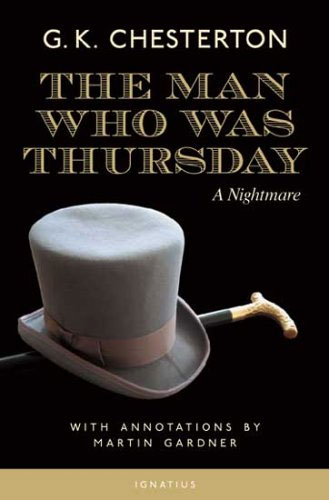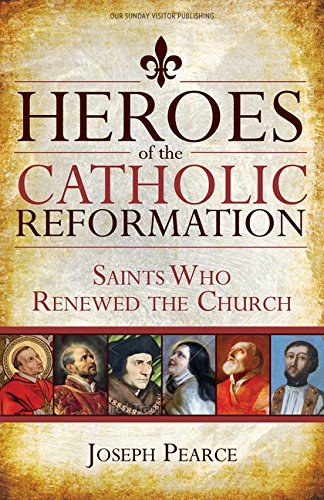Podcast: Play in new window | Download (Duration: 27:57 — 19.2MB) | Embed
Subscribe: Apple Podcasts | Spotify | Amazon Music | Android | Pandora | iHeartRadio | JioSaavn | Podchaser | Gaana | Podcast Index | Email | TuneIn | Deezer | Anghami | RSS | More

Episode 15 – Great Works in Western Literature with Joseph Pearce – St. Augustine
The Confessions of Saint Augustine is considered one of the greatest Christian classics of all time. It is an extended poetic, passionate, intimate prayer that Augustine wrote as an autobiography sometime after his conversion, to confess his sins and proclaim God’s goodness. Just as his first hearers were captivated by his powerful conversion story, so also have many millions been over the following sixteen centuries. His experience of God speaks to us across time with little need of transpositions.
Based on the Ignatius Critical Edition, this series examines, from the Judeo-Christian perspective, the life, the times, and influence of authors of great works in literature .
Joseph Pearce is currently the Writer-in-Residence and Visiting Fellow at Thomas More College of Liberal Arts in Merrimack, New Hampshire. He is also Visiting Scholar at Mount Royal Academy in Sunapee, New Hampshire. He is also Visiting Scholar at Mount Royal Academy in Sunapee, New Hampshire. He is co-editor of the Saint Austin Review (or StAR), an international review of Christian culture, literature, and ideas published in England (Family Publications) and the United States (Sapientia Press). He is also the author of many books, including literary biographies of Solzhenitsyn, J. R. R. Tolkien, C. S. Lewis, G. K. Chesterton, and Oscar Wilde.
To learn more about the authors and titles available in the Ignatius Critical Editions

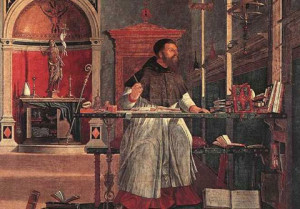

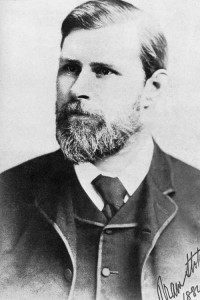
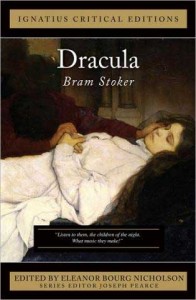
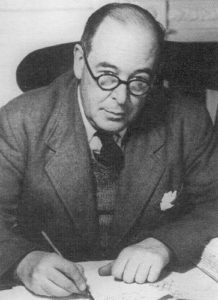 Here is the story of the pilgrim John and his odyssey to an enchanting island which has created in him an intense longing; a mysterious, sweet desire. John’s pursuit of this desire takes him through adventures with such people as Mr. Enlightenment, Media Halfways, Mr. Mammon, Mother Kirk, Mr. Sensible, and Mr. Humanist and through such cities as Thrill and Eschropolis as well as the Valley of Humiliation.
Here is the story of the pilgrim John and his odyssey to an enchanting island which has created in him an intense longing; a mysterious, sweet desire. John’s pursuit of this desire takes him through adventures with such people as Mr. Enlightenment, Media Halfways, Mr. Mammon, Mother Kirk, Mr. Sensible, and Mr. Humanist and through such cities as Thrill and Eschropolis as well as the Valley of Humiliation.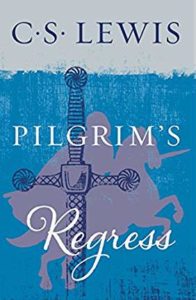
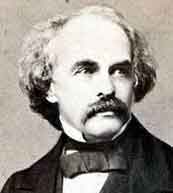 A key figure in the development of American literature, Nathaniel Hawthorne was also profoundly influenced by his ancestors and the Christianity that underscored their Puritan heritage. A literary classic, The Scarlet Letter presents a profound meditation on the nature of sin, repentance, and redemption, and how such Christian concepts may be integrated into American democracy.
A key figure in the development of American literature, Nathaniel Hawthorne was also profoundly influenced by his ancestors and the Christianity that underscored their Puritan heritage. A literary classic, The Scarlet Letter presents a profound meditation on the nature of sin, repentance, and redemption, and how such Christian concepts may be integrated into American democracy.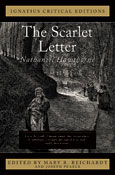
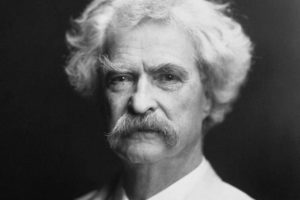
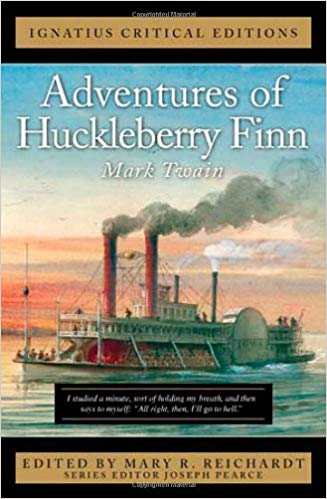
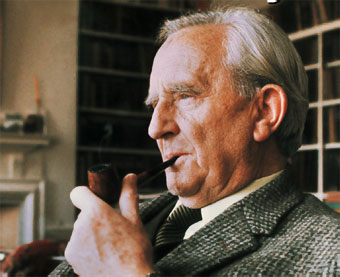 unseen hand of providence felt by the reader. In his mythical creations or sub-creations, as he would call them, he shows how the unseen hand of God is felt far more forcefully in myth than it is ever felt in fiction. Paradoxically, fiction works with facts, albeit invented facts, whereas myth works with truth, albeit truth dressed in fancy disguises. Furthermore, since facts are physical and truth is metaphysical, myth, being metaphysical, is spiritual.”
unseen hand of providence felt by the reader. In his mythical creations or sub-creations, as he would call them, he shows how the unseen hand of God is felt far more forcefully in myth than it is ever felt in fiction. Paradoxically, fiction works with facts, albeit invented facts, whereas myth works with truth, albeit truth dressed in fancy disguises. Furthermore, since facts are physical and truth is metaphysical, myth, being metaphysical, is spiritual.”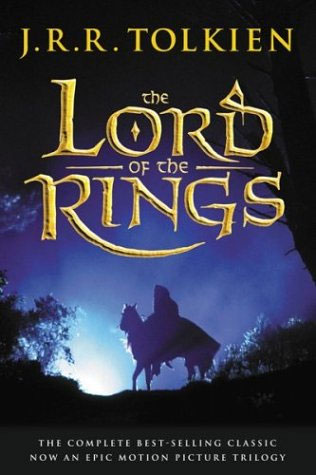 Joseph Pearce is currently the Writer-in-Residence and Visiting Fellow at Thomas More College of Liberal Arts in Merrimack, New Hampshire. He is also Visiting Scholar at Mount Royal Academy in Sunapee, New Hampshire. He is also Visiting Scholar at Mount Royal Academy in Sunapee, New Hampshire. He is co-editor of the Saint Austin Review (or StAR), an international review of Christian culture, literature, and ideas published in England (Family Publications) and the United States (Sapientia Press). He is also the author of many books, including literary biographies of Solzhenitsyn, J. R. R. Tolkien, C. S. Lewis, G. K. Chesterton, and Oscar Wilde.
Joseph Pearce is currently the Writer-in-Residence and Visiting Fellow at Thomas More College of Liberal Arts in Merrimack, New Hampshire. He is also Visiting Scholar at Mount Royal Academy in Sunapee, New Hampshire. He is also Visiting Scholar at Mount Royal Academy in Sunapee, New Hampshire. He is co-editor of the Saint Austin Review (or StAR), an international review of Christian culture, literature, and ideas published in England (Family Publications) and the United States (Sapientia Press). He is also the author of many books, including literary biographies of Solzhenitsyn, J. R. R. Tolkien, C. S. Lewis, G. K. Chesterton, and Oscar Wilde.
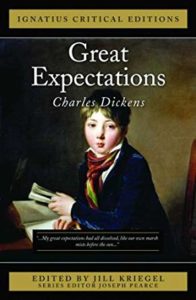 Based on the Ignatius Critical Edition, this series examines, from the Judeo-Christian perspective, the life, the times, and influence of authors of great works in literature.
Based on the Ignatius Critical Edition, this series examines, from the Judeo-Christian perspective, the life, the times, and influence of authors of great works in literature.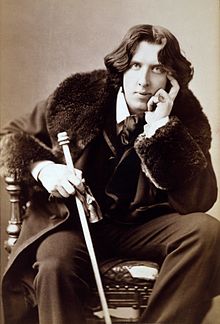
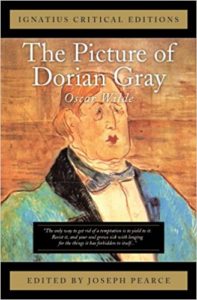 Based on the Ignatius Critical Edition, this series examines, from the Judeo-Christian perspective, the life, the times, and influence of authors of great works in literature.
Based on the Ignatius Critical Edition, this series examines, from the Judeo-Christian perspective, the life, the times, and influence of authors of great works in literature. Episode 20 – Great Works in Western Literature with Joseph Pearce – G. K. Chesterton and “The Man Who Was Thursday”
Episode 20 – Great Works in Western Literature with Joseph Pearce – G. K. Chesterton and “The Man Who Was Thursday”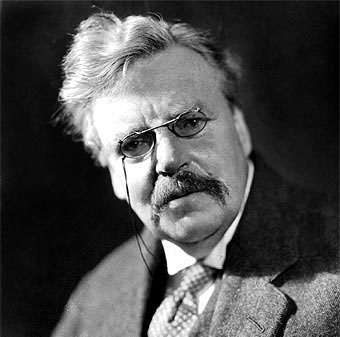 Chesterton’s own response, and riposte, to the Decadence of the 1890s can be found in his novel “The Man Who Was Thursday”. Whereas the Decadents–taking their own perverse inspiration from the dark romanticism of Byron, Shelley and Keats-had stripped the masks off reality” and discovered darkness, Chesterton stripped the masks off reality” (from the “anarchists” in his novel) and discovered light — Joseph Pearce “Ignatius Insight”
Chesterton’s own response, and riposte, to the Decadence of the 1890s can be found in his novel “The Man Who Was Thursday”. Whereas the Decadents–taking their own perverse inspiration from the dark romanticism of Byron, Shelley and Keats-had stripped the masks off reality” and discovered darkness, Chesterton stripped the masks off reality” (from the “anarchists” in his novel) and discovered light — Joseph Pearce “Ignatius Insight” 